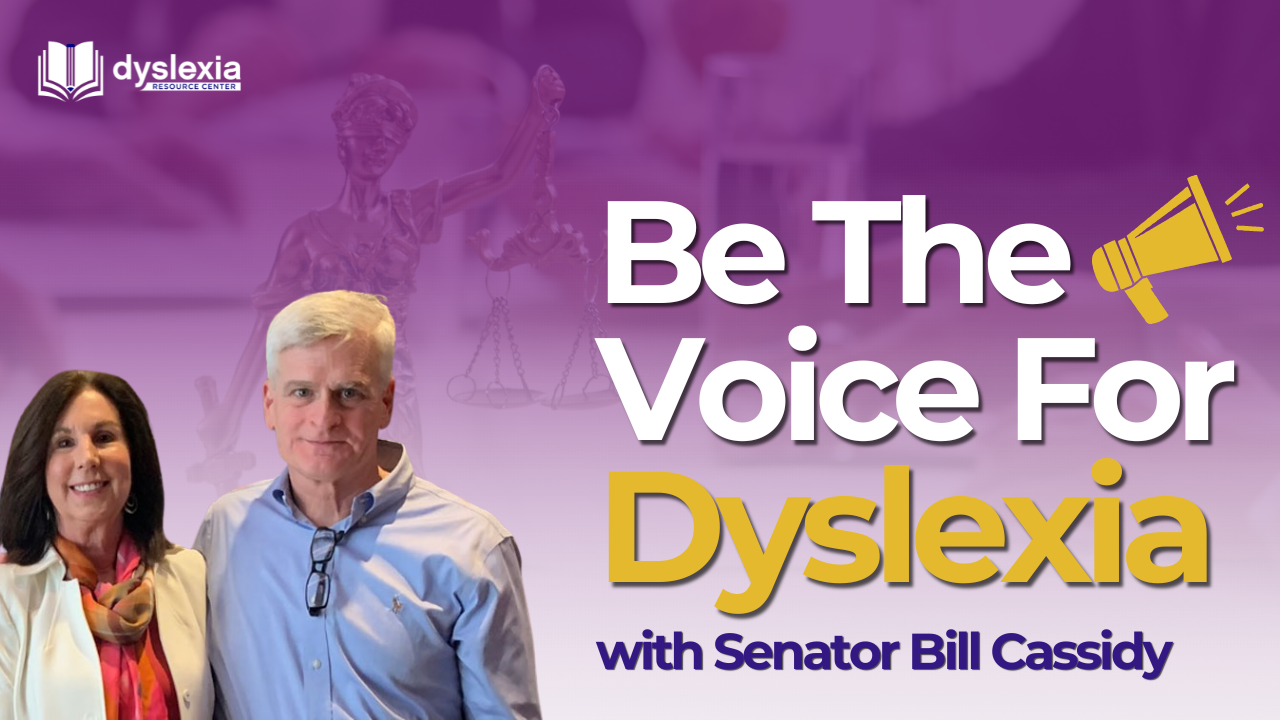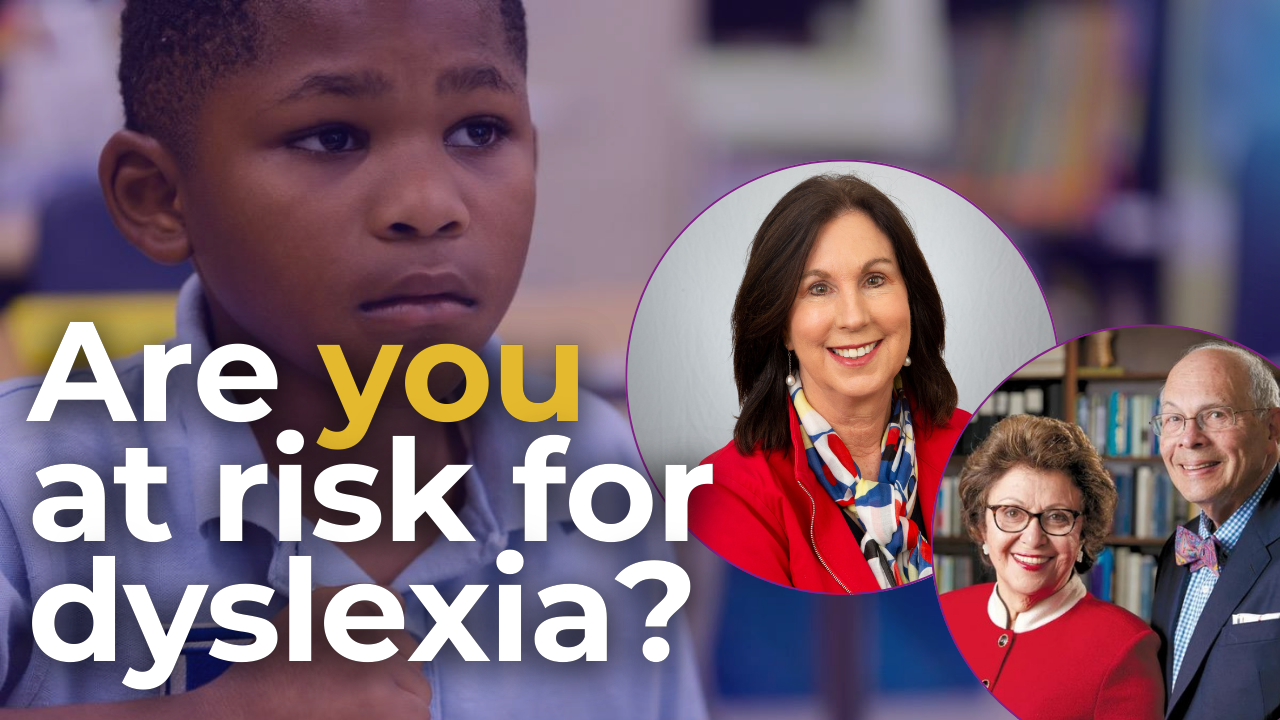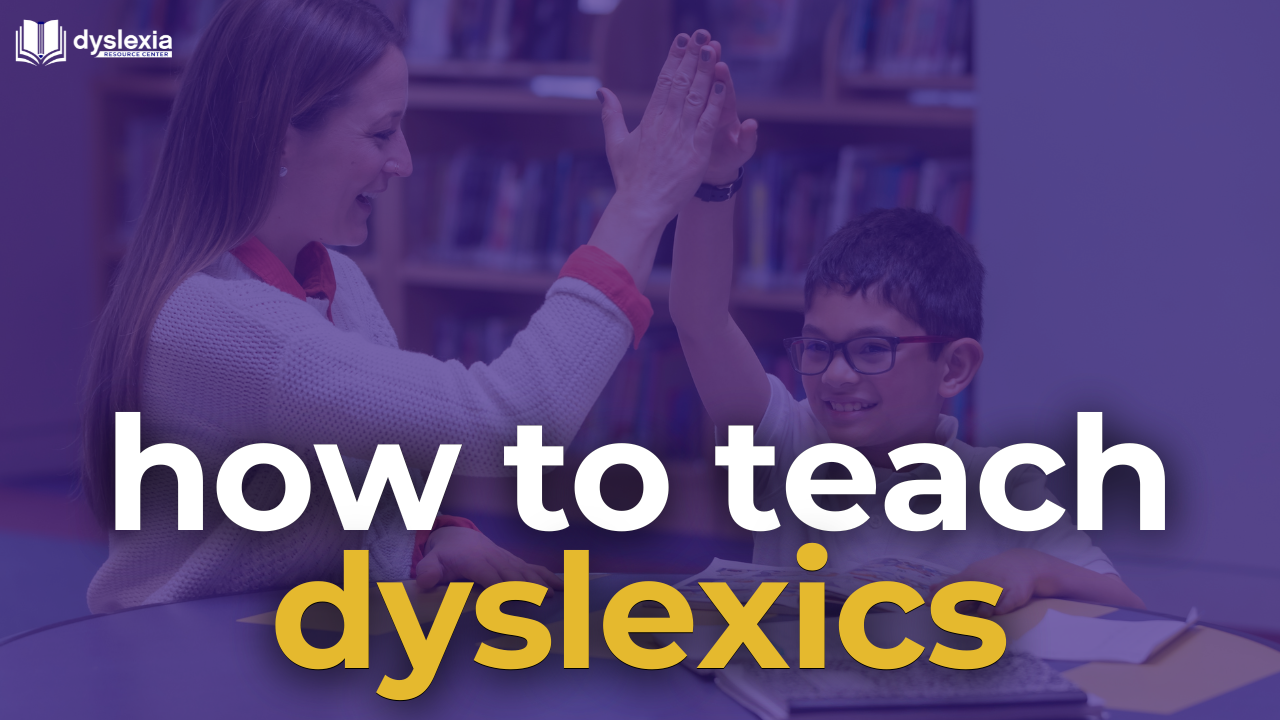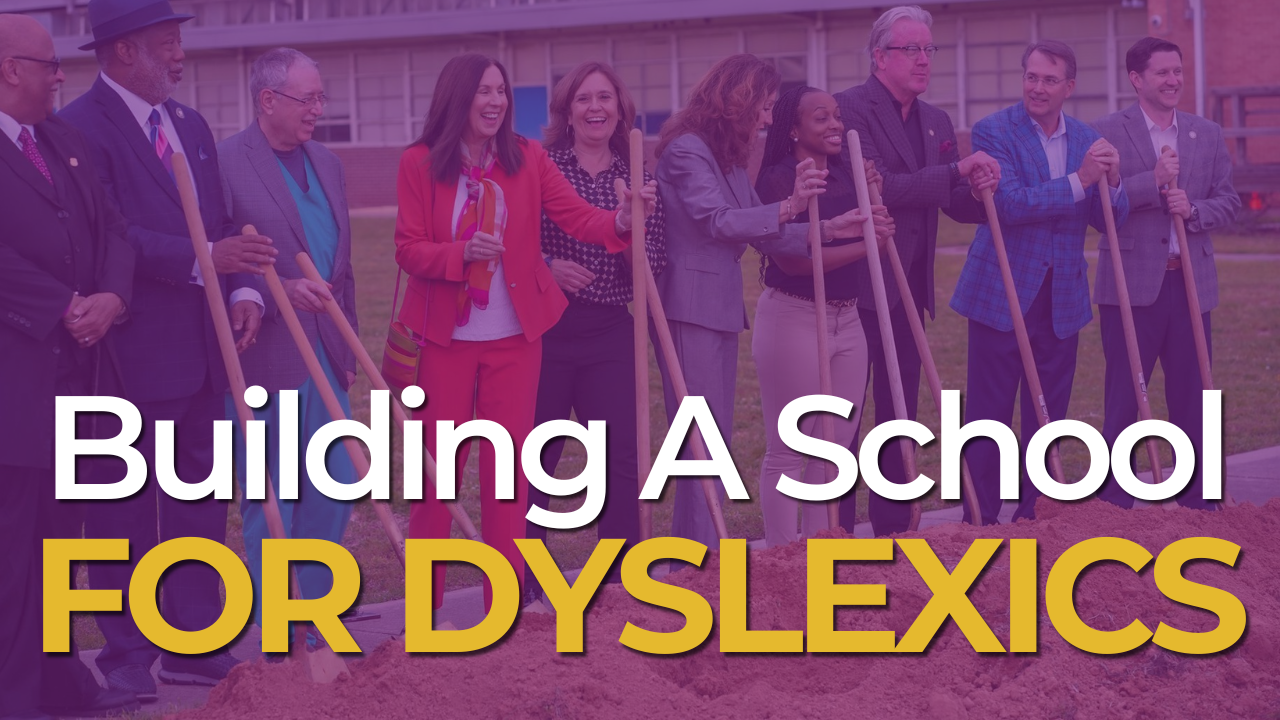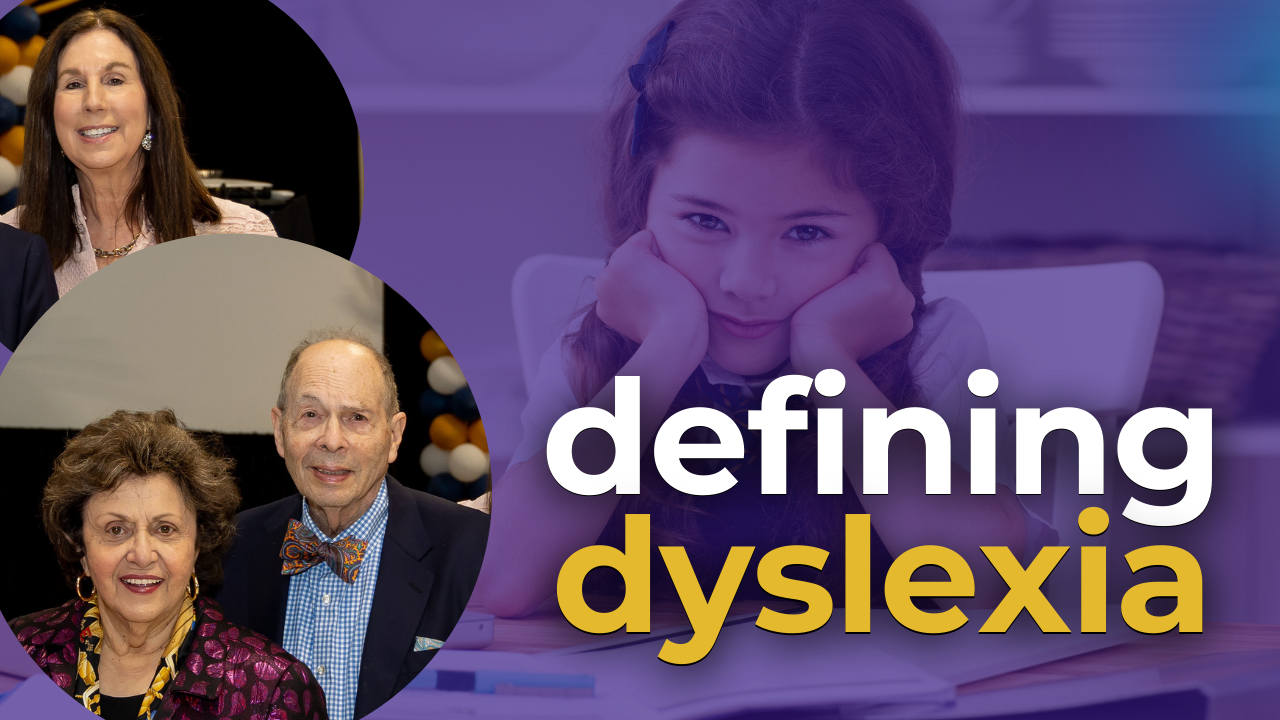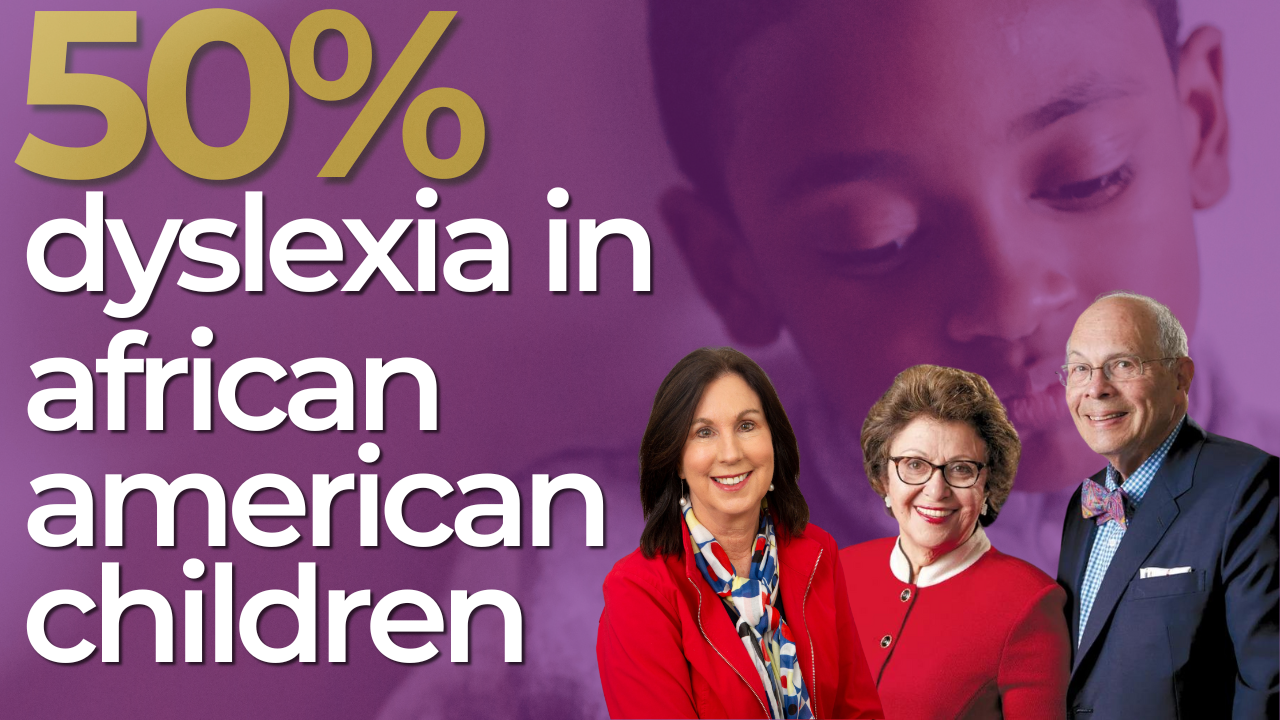Call Us (225) 384-5484
Episode 17: Advocating For Dyslexia
At the Dyslexia Resource Center, our mission is to create meaningful change for individuals with dyslexia. Recently, we welcomed Senator Bill Cassidy of Louisiana to discuss impactful legislative initiatives and advocacy strategies to support those affected by dyslexia. From federal legislation to state-level efforts, Senator Cassidy shared his insights on the progress made and the work still ahead.
Dyslexia Advocacy in Action
Senator Cassidy has long been a champion for dyslexia awareness, exemplified by his ongoing sponsorship of the Dyslexia Awareness Resolution. This bipartisan, bicameral resolution unites members of Congress across party lines to bring attention to the challenges faced by individuals with dyslexia. While it doesn’t create laws, it plays a critical role in fostering awareness and encouraging action.
One of the key legislative achievements highlighted during our discussion was the inclusion of a dyslexia definition in the 2018 First Step Act. This marked a significant milestone, introducing the first contemporary legislation addressing dyslexia at the federal level. Senator Cassidy emphasized how defining dyslexia helps pave the way for better screening, intervention, and understanding — especially in underserved communities such as the prison population, where studies show approximately 50% of inmates have dyslexia.
What is the 21st Century Dyslexia Act?
Building on the momentum, Senator Cassidy is now advocating for the 21st Century Dyslexia Act, which aims to:
• Provide a clear definition of dyslexia in education and other policy areas.
• Remove dyslexia from the “specific learning disability” (SLD) category, giving it its own classification on Individualized Education Programs (IEPs).
• Apply evidence-based screening and intervention practices across various sectors, including education, criminal justice, and the Department of Defense.
This act seeks to ensure that individuals with dyslexia receive appropriate support, no matter their age or life circumstances. While bipartisan and bicameral support exists, passing this legislation will require sustained advocacy and public pressure.

How You Can Make a Difference
Advocating for dyslexia-related legislation starts with a simple but powerful action: sharing your story. Personal experiences resonate deeply with lawmakers, providing the context and emotional weight needed to inspire change.
Here are Senator Cassidy’s tips for effective advocacy:
- Engage your legislators: Reach out to your state or federal representatives. Start with your own legislator—they are there to represent you.
- Prepare for meetings: Gather a small group, assign roles, and stay focused. Bring a concise document outlining your ask, such as supporting specific bills like the 21st Century Dyslexia Act.
- Follow up: Check back with legislators or their staff in a few weeks to reinforce your message.
- Rally support: Encourage others to contact legislators, write letters, or participate in social media campaigns.
Advocacy isn’t just about meeting with lawmakers. Writing letters to editors, engaging on social media, and collaborating with like-minded organizations can amplify your voice.

The Role of States in Dyslexia Support
State-level initiatives play an equally important role in addressing dyslexia. For example, in Louisiana, dyslexia is defined in state law using modern criteria that emphasize the challenges in phonological processing and its impact on reading, writing, and speaking.
Other states, such as Alabama, are also making strides. The University of Alabama, in collaboration with Rhonda Smith, Education Director at the Dyslexia Resource Center, is training teachers to become Certified Academic Language Therapists (CALTs), equipping them with the skills to support students with dyslexia effectively.
A Call to Action
As Senator Cassidy stated, “Change will only occur if folks like you make it happen.” Advocacy, education, and persistence are the cornerstones of progress. Whether it’s speaking to your legislator, sharing your story, or joining community efforts, every action contributes to creating a better future for individuals with dyslexia.
For more resources and information on dyslexia advocacy, visit the Dyslexia Resource Center website. Together, we can ensure that every individual has the tools and support they need to thrive.
Let’s continue the conversation. What steps will you take to support dyslexia awareness and advocacy in your community?
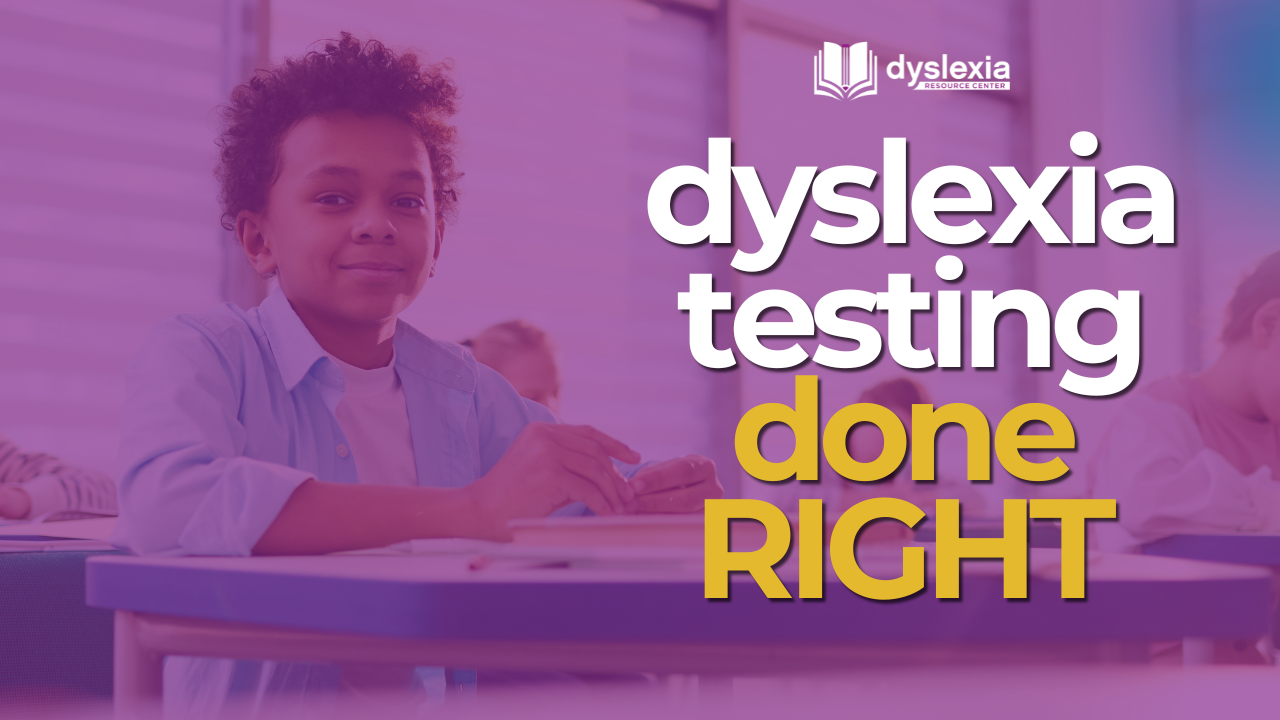
Quick Links
What is Dyslexia?
Dyslexia Services
WHO WE ARE?
The Dyslexia Resource Center was started by a group of concerned parents, medical doctors, and advocates who simply want everyone to know the truth about dyslexia, based on the most current science, and how that knowledge can translate into success in the classroom.
WHAT IS DYSLEXIA?
An unexpected difficulty in reading for an individual who has the intelligence to be a much better reader.
All Rights Reserved | Dyslexia Resource Center

